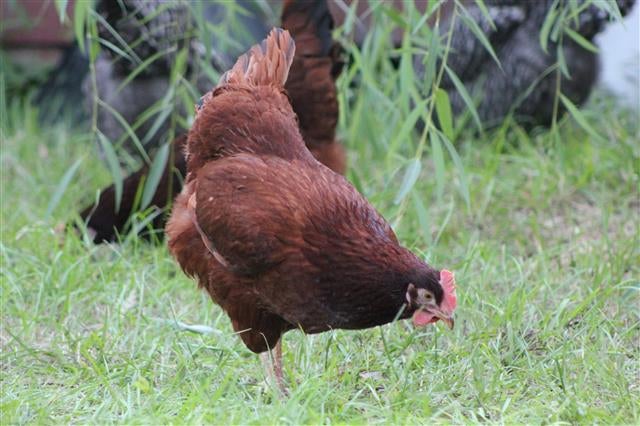To Butcher, Or Not To Butcher, That Is The Question
Kevin Felts 11.27.18

In the Middle Ages during a holiday, or celebration, typically chickens, goats, sheep, ducks, geese were butchered. These were animals large enough to feed a group of people, but with little waste.
Thus the dilemma. Should someone butcher a chicken and lose the eggs, or butcher a goat and lose the milk, of have a smaller meal for friends and family? Even to butcher a rooster would reduce the flock fertility.
Some of the readers may be thinking, “Just hunt some rabbits.” After a collapse, such as during the Great Depression, wildlife is quickly depleted. As a child, my grandfather ate so much deer meat in the 1930s he refused to eat it as an adult.
Once wildlife is depleted, the only source of fresh meat will be livestock and fish. Therein lies the problem – which livestock should someone butcher? The easy answer should be to butcher livestock past their production age.
For example, once a hen passes two years old her egg production decreases. The easy answer would be to keep track of our hens and their ages. When a hen is two or three years old, she is up for butchering.
However, what if we have no hens less than 2-3 years old? A lot of modern breeds have lost their mothering instinct to sit on eggs and to take care of chicks. They have lost their instinct through selective breeding over the past 100+ years. Some of the old time favorite chicken breeds such as the Rhode Island Red and Barred Rock rarely go broody.
So how would we know when to butcher certain livestock? A lot of it depends on livestock management. Know which breeds have outlived their productive years. Then again, a chicken that is six, seven, or eight years old could still be laying eggs.
Butchering livestock is a double edged sword. During the Middle Ages typically the rich butchered their livestock as they had the resources to replace the animals. However, in a complete collapse of society, how would we be able to replace livestock? The first thought that comes to mind is animal husbandry. There is more to raising and butchering livestock than meets to eye. At first glimpse, we butcher the oldest and less fertile, but that is not always the answer.
Older animals teach the younger animals of to forage, and social structure. Even though a farm animal may be past their productive years, this does not always mean they are the best ones to butcher.